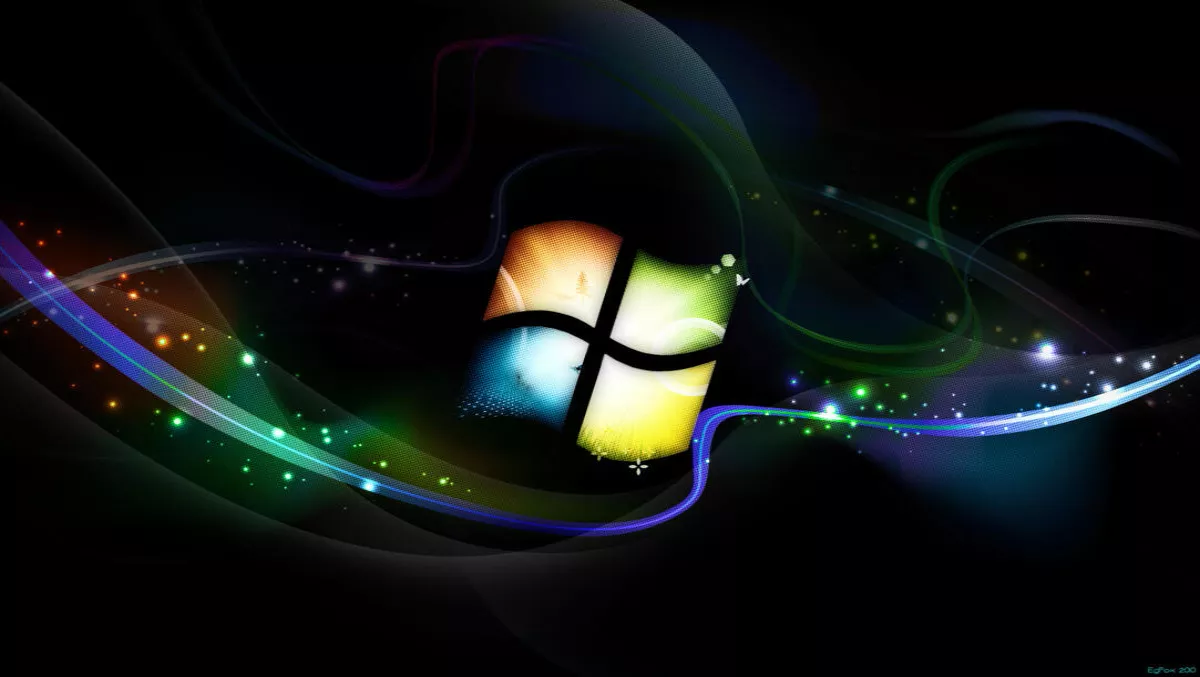
Microsoft NZ: Now's the time to act with Windows XP
Forget that famous Oscars selfie, the Wolf of Wall Street frenzy or even the usual Superbowl hullabaloo, 2014 has been dominated by one thing.
Windows XP.
While it feels almost insulting to inform readers that support for Microsoft’s Windows XP software is ending, the April 8 date is looming large, and cannot be ignored.
Microsoft, along with TechDay for that matter, have been preaching about the issue for months, and at risk of sounding like a broken record, it’s time to act.
But following 12 years of extended support for the software giant’s most successful operating system, those who believe they can cling onto its coattails for a little bit longer are out of luck.
“The reality is that Windows XP is 13 years old and four generations behind,” says Dean Edwards, Windows Business Group Manager for Microsoft New Zealand.
“As a result, the operating system suffers from real technical limitations compared to say, Windows 8. Performance is now sluggish at best, as is the start-up, and modern devices will find it difficult to use.”
The cynics may say such comments simple echo Microsoft’s official party line, but consider this, of course they do.
It’s by no means an ultimatum, or a threat for that matter, but after over a decade of service, Microsoft’s advice is black and white.
“We strongly advise users to move away from Windows XP,” Edwards adds.
During months of industry opinion on the subject, the lines of fact and fiction have been somewhat distorted.
“Windows XP is six times more likely to be infected than Windows 8, even though it has the same malware encounter rate,” said Mike Reavey, GM, Microsoft Trustworthy Computing (TwC) during the RSA Conference in Amsterdam last year.
"There are over one billion Windows machines online and we can use them to track malware.
“I’m pleased to say if you look at the infection rate on Windows systems you can see older versions are infected more than newer machines.
Casting back further to April 2013, industry analyst Gartner released its own list of concerns regarding the end of Windows XP, entitled “Understand the Risks Involved.”
“Not having support means that organisations' PCs could be vulnerable to attack,” the statement reads.
“New vulnerabilities are always being found, and new vulnerabilities that are found in more current products could affect Windows XP and Office 2003.
“Any unpatched device can be vulnerable to attack.”
But as is the nature of many, when asked to do one thing, the likelihood of doing the complete opposite increases tenfold.
Yet there’s a fine line between defiance and damn right foolishness.
“Here at Microsoft we’re doing all we can to make users aware of the risks, and translate what can actually happen if people fail to move away from Windows XP,” Edwards adds.
“Your systems could experience severe slowness, or could even lock out altogether. Spyware could steal company passwords and information, or even trigger a loss of data.”
Microsoft is here to help, and help they will. But the truth is they can only go so far, the rest lies with you, the user…
For more information on how to move away from Windows XP click here

